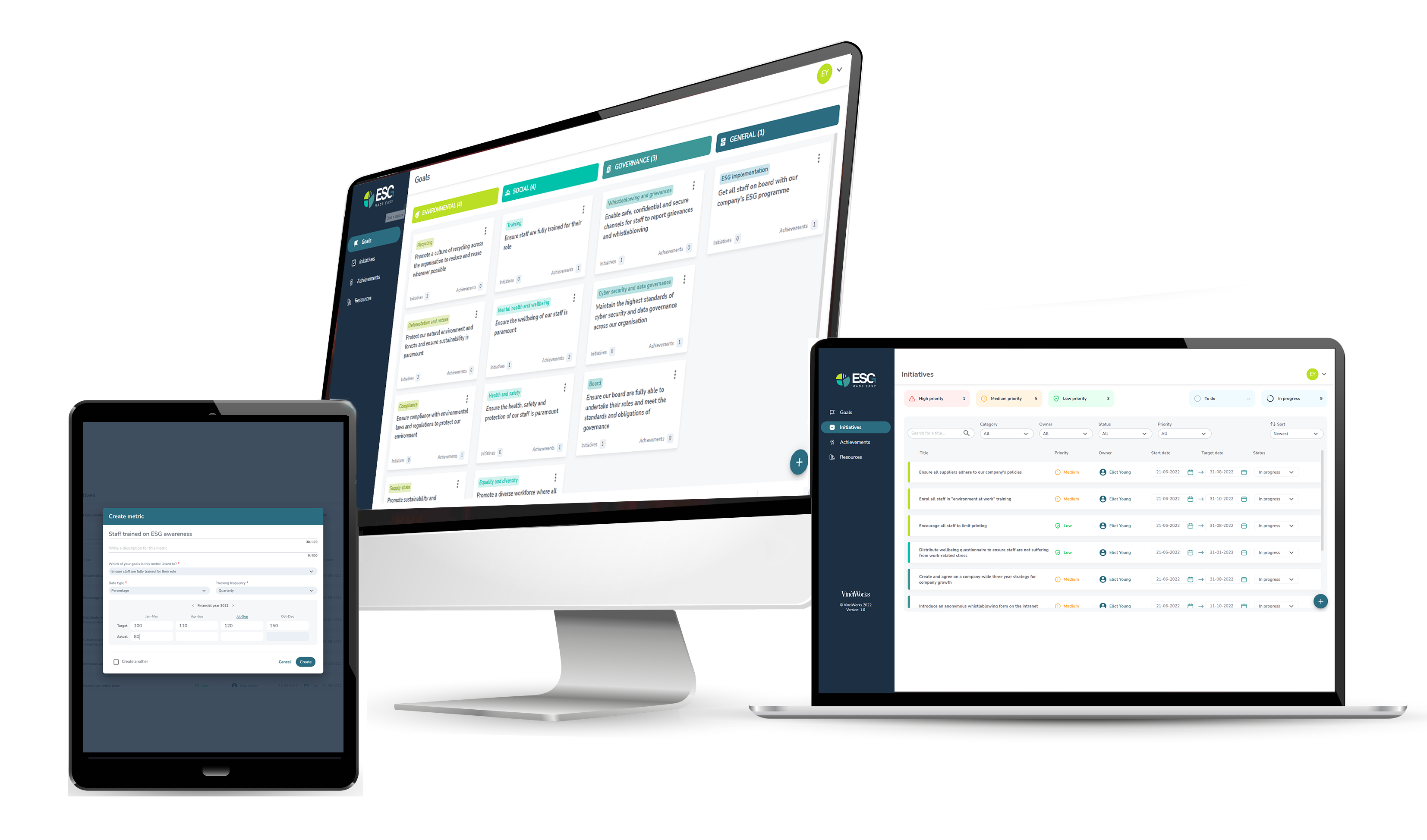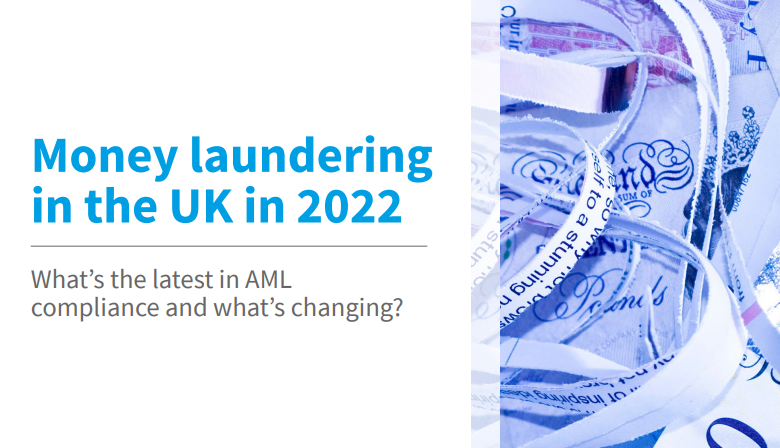Why do our clients need to consider ESG?
If your clients are asking what they should do about ESG, the answer can be rather complicated. Many clients do not need to do anything. Regulation, although coming, is rather light on ESG. Regulation tends to focus on specific areas of ESG, such as modern slavery statements or gender pay gap reporting.
Even as more regulation around ESG comes, such as emissions reporting for listed companies, there is a wider context of ESG. Beyond the letter of the law, many companies are figuring out their ESG programmes from pressures outside of straightforward regulation. More often than not, ESG is coming from investor pressure.
Institutional investors are increasingly measuring themselves against ESG factors, often driven by their own investors or wanting to demonstrate ‘green’ and sustainable investing.
ESG is now widely seen as a driver of better investment performance. A company with an ESG programme, ESG reports, measures and metrics, generates better returns than those that don’t have those things. Plus, ESG-focused companies are better protected from environmental, social, or governance shocks.
A large part of ESG is risk mitigation. This includes figuring out key risks in the supply chain, in the environmental practices of the business, possible health and safety or community issues, as well as the possible impact of regulatory breaches and fines.
Essentially, ESG is a risk mitigation with added metrics, targets and measures. It’s not just that the company understands that a changing climate is a threat, but how are they addressing that risk, by how much, and by when.
How some law firms are spearheading ESG
Around a dozen UK law firms have already become certified B Corps. A B Corp is a business that legally commits to profit alongside a material positive effect on society and the environment. The commitment is written into the firm’s partnership agreement and reported against as the core measure of success for the firm, as opposed to profits per equity partner.
B Corps began in the US and have grown to over 4,000 members in 77 countries, with over 500 B Corps in the UK.
Bates Wells was the first UK law firm to become a B Corp in 2015, followed by Radiant Law and more recently Mischon de Reya.
Becoming a B Corp is not a simple process. A company must be audited, and the LLP status has to change. Accreditation as a B Corp must be re-sought every two years. The B Corp audit considers factors such as social enterprise and public interest clients, pro bono work, good employment practices and strong environmental procedures such as ISO 14001 certification.
Becoming a B Corp is not required for a strong ESG programme. It may not be appropriate, either. But ESG and B Corp are not mutually exclusive.
The Carbon Brainprint, aka Scope 4 emissions
For professional services firms, carbon emissions are generally straightforward. These are the emissions from running an office or travel. Even the supply chain, known as Scope 3 emissions, is relatively narrow given most law firms do not have a large or particularly complex supply chain.
However, professional services firms do have an additional carbon factor. The Carbon Brainprint, or so-called Scope 4 emissions. These are the emissions of clients.
How a law firm deals with those they consult to can have the greatest impact on reducing emissions. Rather than turning away clients who have a harsh effect on the environment, there can be positive opportunities to influence change within clients.
Proactively encouraging clients to consider ESG issues, sustainability and the environment is where law firms can have the largest impact. It may feel awkward in some respects, but clients engage law firms to keep them on the right side of the regulatory agenda.
Sooner or later, no business will be able to operate without a carbon reduction plan or a commitment to net zero. Law firms can take a proactive step to share skills and experience to support clients to make the necessary shift to a low-carbon economy.
VinciWorks’ end-to-end ESG solution

We are on a mission to make ESG accessible and actionable. With deep expertise in implementing board-level enterprise risk management and compliance, our ESG solution brings together consultancy and software to help organisations implement a practical and effective ESG programme.
Our tool will help your business:
- Identify your ESG risks and opportunities
- Set ESG goals
- Build an ESG roadmap
- Share progress with stakeholders
Want to learn more? Complete the short form below to get in touch.













